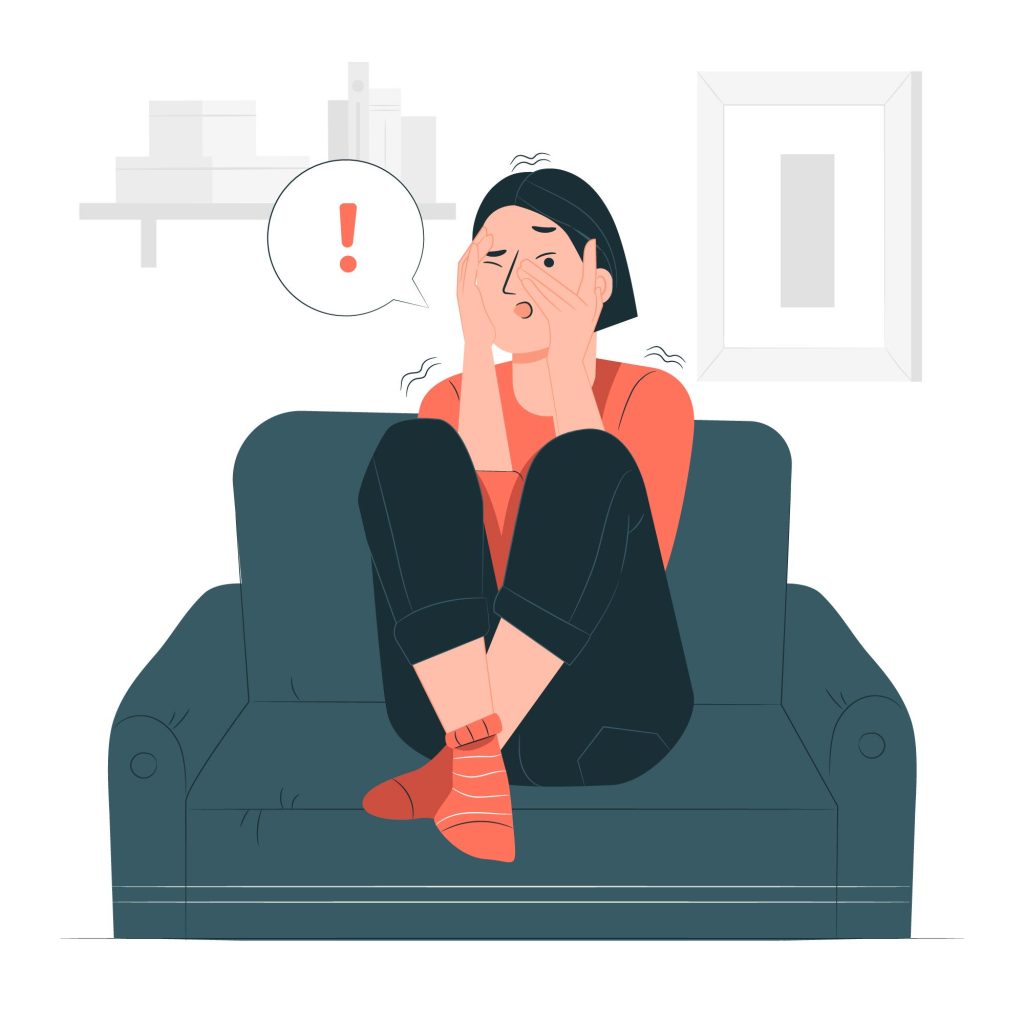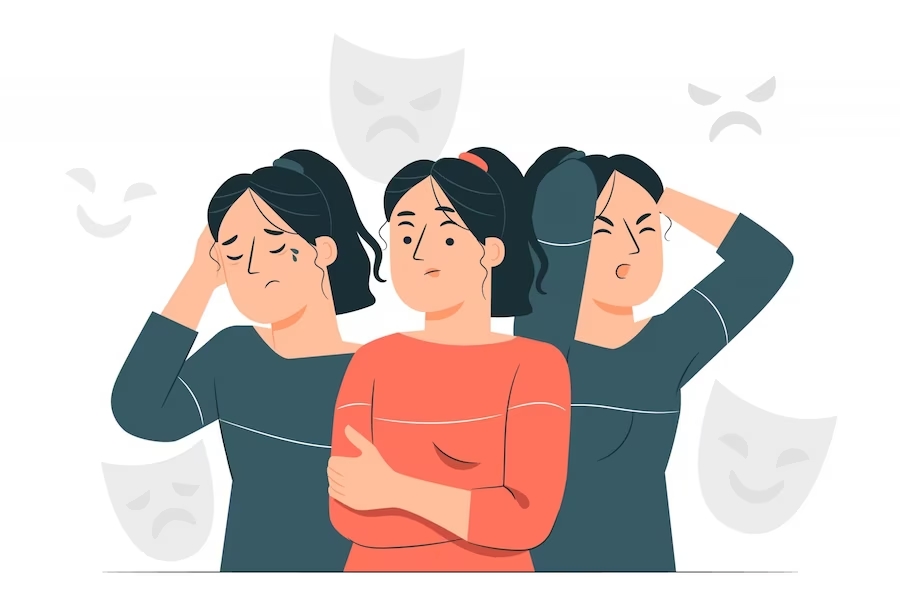
Most of us use the ‘word’ phobia rather casually. We often hear such exclamations as, “I really hate Maths… I think I have a phobia of numbers!” or “I don’t socialize much- It’s like I have social phobia!” But what really is a phobia, and how is it different from the more generic, everyday fear we experience?
Psychologists would describe a phobia as a type of anxiety disorder where one has an irrational and excessive fear of an object or situation. Someone with a phobia will experience distress so intense, that they will go to any lengths to avoid the source of the fear. On the other hand, fear, in the generic sense of the the word, is a survival mechanism hardwired into our brains, that helps us react to danger and protect ourselves from harm. Unlike phobias, fear is a normal part of our daily lives and does not usually debilitate an individual.
Phobias may be specific, that is, involving particular objects, like spiders, dogs or needles, or they may be linked to certain events or circumstances, such as social situations.
Some common phobias (with their fancy names) include:
- Social phobia – fear of being in places with a lot of people
- Agoraphobia – fear of being somewhere with no support, away from home, open spaces
- Claustrophobia – fear of being in constricted, confined spaces
- Aerophobia – fear of flying
- Arachnophobia – fear of spiders
Living with a phobia can be an extremely challenging task. When faced with the object of their phobia, a person may experience tremendous feelings of dread, sweating, shortness of breath, trembling and nausea. Some may even experience a fear of dying, or a sense of unreality. Further, one may end up missing out on opportunities in life, simply to avoid the unpleasantness of anxiety.
What Happens To Someone With A Phobia?
There are two ways in which a person with a phobia may react to the source of their fear. This also helps differentiate a phobia from a generic, less severe fear.
- Experience Severe and Incapacitating Distress and Anxiety
Take glossophobia, for example. Glossophobia is the extreme fear of public speaking, or of speaking in general. This extends beyond the classroom fear that had us all praying that the teacher wouldn’t pick on us to answer that trigonometry problem. A person with glossophobia would panic at the mere thought of communication with even a small group of people. Granted, a person with “normal” stage fright would also experience some anxiety before making a boardroom presentation, for example, but they would be able to deliver despite this fear. In contrast, one with glossophobia could experience symptoms like hyperventilation, trembling, sweating, and stammering. Needless to say, such an emotional state would not allow for a very effective conference-room presentation, and could be extremely embarrassing for the individual dealing with the phobia.
- Engage in Avoidant Behaviours, and Evade the Feared Object Completely:
If you have glossophobia, you might entirely refrain from voicing your groundbreaking new sales idea during the board meeting, in order to avoid the crushing anxiety of speaking up in a group. You may also completely avoid situations that focus group attention on you. Imagine the stress of having to plan your daily routine around trying to avoid speaking up in public. So much as buying that local train ticket to office and back becomes a terrifying task. Even if a feared object does not appear in your life, you might spend a significant amount of time worrying about facing it. How unpleasant it must be to go through a fearful mental countdown, for a whole month, unto the day your train pass expires, just because you dread that ticket window so much.
What often makes dealing with a phobia still more challenging, is a misplaced attitude towards it. It is hardly comforting to be told, “Get over it, dude, it’s just a bit of stage fright” or “Everyone feels nervous, it’s normal”. This would only make someone dealing with a phobia embarrassed and hesitant to address the issue.
So, How Do You Deal With A Phobia?

“The first step toward change is awareness. The second step is acceptance.” -Nathaniel Branden
In order to get over a phobia, it is important to first acknowledge and accept your fears. No matter how out-of-control your fears seem, know that it is well within your reach to control, if not completely overcome your phobia, with the help of adequate support and curative measures. Stay tuned for our next post that will talk about managing and overcoming a phobia.
Do let us know what you think about fears and phobias, what your experiences have been like here

Are your anxieties holding you back?
Counseling can be a great tool for you to manage and overcome your anxiety and lead a happy, stress-free life.
We are here for you.
Frequently Asked Questions
Phobias can manifest differently in different people. Some people may notice their symptoms have gone completely, while some may continue to experience the symptoms in varying intensity. However, with early intervention and having healthy coping skills can help ease out the intensity of the fear.
Phobias cannot be prevented. But, it can be managed with early intervention, counseling, lifestyle changes, and having healthy coping skills in place.
While medications do help in managing certain symptoms of the phobias, many people do not require them. They can manage their symptoms without medication by going for therapy, using self-help and stress management strategies, and having a healthy lifestyle.
About the Author
This article was written by Suneha Sethi, Content Developer Intern at Inner Space. This post was consulted & approved by professional therapists practicing online therapy and counseling.
Ask a Therapist
If you are interested to know more about phobias and other mental health topics, ‘Ask A Therapist’ is a platform for you to ask your questions related to Mental Health, Mindfulness & Emotional Well-Being to our team of qualified Therapists.





